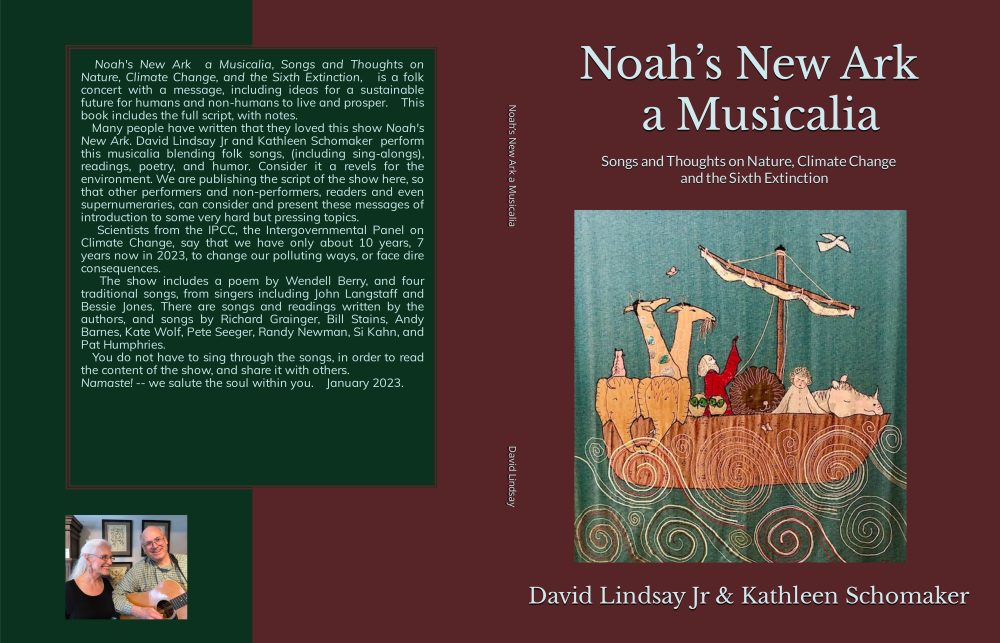This statement by Karl Marx admirably serves two functions: (1) It describes the difference between the two times the teaching of Darwin’s theories were put on trial in this country, in Tennessee in 1925 and in Pennsylvania in 2005; (2) Because it is from Karl Marx, it will automatically be rejected, along with the words to follow, by those who judge a statement not by its content but by its source. That is precisely the argument between Darwinism and creationism. Stanley Kramer‘s “Inherit the Wind” (1960) is a movie about a courtroom battle between those who believe the Bible is literally true and those who believe, as the Spencer Tracy character puts it, that “an idea is a greater monument than a cathedral.”
In Kramer’s film, Darrow becomes Henry Drummond (Spencer Tracy), Bryan is Matthew Harrison Brady (Fredric March), Mencken is E.K. Hornbeck (Gene Kelly), and Scopes is Bertram T. Cates (Dick York). Another major player is the gravel-voiced Harry Morgan, as the judge. So obviously were the characters based on their historical sources that the back of the DVD simply refers to them as “Bryan” and “Darrow,” as if their names had not been changed. . . . “
Source: Inherit the Wind movie review (1960) | Roger Ebert
Kathleen and I saw the 1960 movie Inherit the Wind on Saturday night, and were enthralled and moved. I was sure that some of the vital exchanges in the courtroom probably happened, but did the good, god-fearing people of Hillsboro really march while singing about lynching Clarence Darrow and the local school teacher Scopes. Apparently, that was all made up by the propagandist, Stanley Kramer. I’m sorry he made those lies, because he didn’t need them. His inaccuracies diminish the underlying truth of his brilliant work.
From Wikipedia:
“Historical inaccuracies[edit]
Being mostly faithful to the play, the film engages in literary license with the facts and should not be relied upon as a historical document. For example, Scopes (Bertram Cates) is shown being arrested in class, thrown in jail, burned in effigy, and taunted by a fire-snorting preacher. William Jennings Bryan (Matthew Harrison Brady) is portrayed as an almost comical fanatic who dramatically dies of a “busted belly” while attempting to deliver his summation in a chaotic courtroom. The townspeople are shown as frenzied, mean-spirited, and ignorant. None of that happened in Dayton during the actual trial. This is because the story is an allegory for McCarthyism.[12]
Because the judge ruled that scientific evidence was inadmissible, a ruling which the movie depicted, Darrow called Bryan as his only witness and attempted to humiliate him by asking Bryan to interpret Scripture. When Darrow, in his closing remarks, called upon the jury to find Scopes guilty so that he could appeal the verdict, Bryan was kept from delivering his own summation. The guilty verdict was overturned two years later.[13] Bryan suffered a heart attack and died in his sleep five days after the trial ended.[14]“
